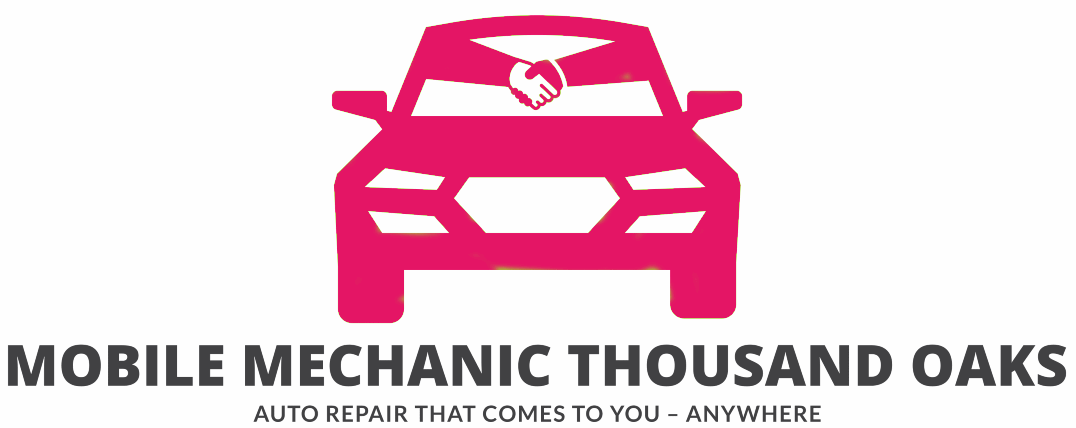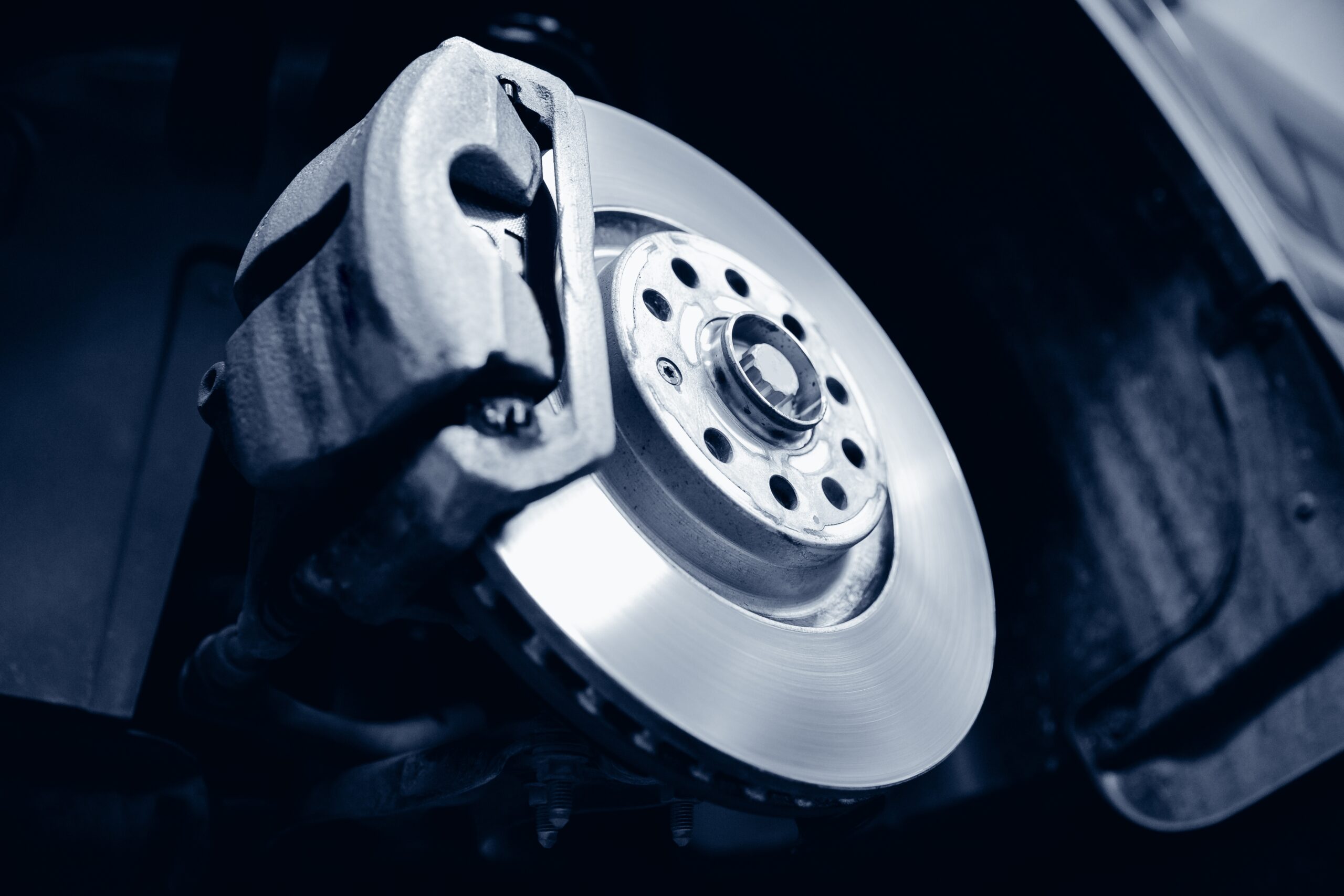Maintaining a vehicle’s braking system is crucial for ensuring the safety of both the driver and passengers. Neglecting brake maintenance can lead to decreased stopping power, increased stopping distances, and potentially dangerous situations on the road.
Regular brake inspections and timely servicing can help prevent costly repairs and keep your vehicle in optimal condition. By being aware of the warning signs that indicate a need for brake service, you can address issues promptly and avoid compromising your safety.
In this article, we’ll explore five key signs that suggest it’s time to schedule a brake service appointment. Recognizing these indicators early on can save you from more extensive damage and ensure your vehicle’s braking system remains reliable and effective.
1. Squealing or Screeching Noises
One of the most common signs that your brakes need attention is the presence of high-pitched squealing or screeching noises when applying the brakes. This distinct sound is often caused by the brake pad wear indicators—small metal tabs designed to alert drivers when the pads have worn down to a critical level.
When the brake pads are sufficiently worn, these indicators make contact with the rotor, producing the characteristic squealing noise. If you hear this sound consistently while braking, it’s a clear indication that your brake pads need to be replaced. Ignoring this warning can lead to further damage to the rotors, which can be more expensive to repair.
It’s important to address brake pad wear promptly to maintain optimal braking performance and prevent additional damage to other components of the braking system. If you notice squealing or screeching noises, schedule a brake inspection with a trusted mechanic to assess the condition of your brake pads and determine the necessary course of action.
2. Grinding Sound
f you hear a grinding noise when applying the brakes, it’s a more severe indication of brake wear. This sound typically occurs when the brake pads have worn down completely, causing the metal backing plate to grind against the rotor.
The grinding noise is a result of metal-on-metal contact, which can cause significant damage to the rotors. When the brake pads are excessively worn, they no longer provide the necessary cushioning between the caliper and the rotor, leading to this abrasive interaction.
Continuing to drive with grinding brakes can severely compromise your vehicle’s braking efficiency and safety. The rotors may become badly damaged, warped, or even break apart, rendering the braking system ineffective. In extreme cases, neglecting this issue can lead to complete brake failure.
If you experience a grinding sound while braking, it’s crucial to have your vehicle inspected by a professional mechanic immediately. They will assess the extent of the damage and recommend the appropriate repairs, which may include replacing the brake pads, resurfacing or replacing the rotors, and checking other components of the braking system for wear or damage.


